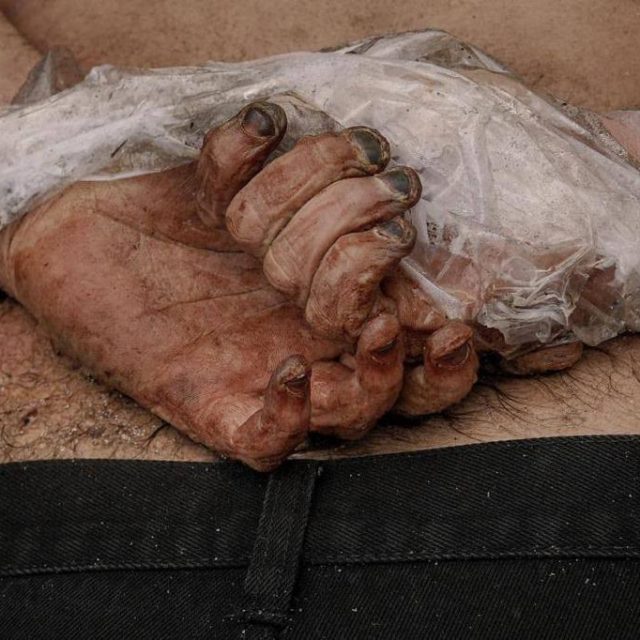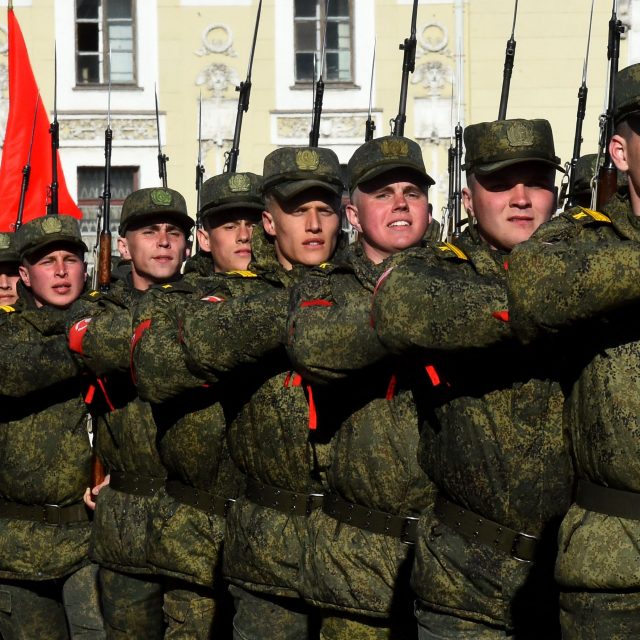I had the pleasure of meeting Roman Suschenko today in the company of his friend and colleague Dmytro Shkurko the Brussels based correspondent for Ukrinform, the national news agency for Ukraine. Roman was in Brussels for a private visit, to brief the European Parliament and officials from the EU institutions about the harsh realities of prison life in the Russian Federation.
Roman Suschenko was a staff correspondent for the National News Agency of Ukraine in Paris who was arrested in Moscow in 2016 when visiting relatives, and sentenced to 12 years in prison on charges of espionage. He was never given a free and fair public trial, and was never given the opportunity to defend the charges against him. He was a political prisoner in Russia.
The Ukrainian Government negotiated his release in August of this year, together with 35 other political prisoners held by the authorities in Russia as part of a prisoner exchange with the Russian Federation.
To maintain his sanity in prison under intense psychological pressure, Roman drew sketches with the simplest of materials using ballpoint pens, pencils, and onion juice. His drawings helped him to protect his inner strength and his human spirit. “It also helped to have a sense of humour,” he added. “Sarcasm and irony were good friends at that time.”
Roman has now returned to journalism since regaining his freedom and is a staff correspondent in Kyiv. I asked him what was the most important thing for him in regaining his freedom, “Without doubt it was embracing my family again on my return to Kyiv,” he said. “My son was only 9 years old when I was arrested, and you can imagine how much he had grown during my 3 years of imprisonment. But my ordeal still haunts me, and I now dislike being absent from my family members for even a short time, like on the present trip.”
The Brussels Press Club hosted an exhibition of Roman’s artistic works last December and campaigned for his release. Roman has vowed to continue the campaign for release of all political prisoners in Russia, whom it is thought include more than 150 Ukrainians, and of whom at least 70 are known to be from Crimea. Many are journalists, but it is impossible to put an exact number on the numbers of people detained, because of the practice of detention without trial. The number include two persons who were arrested in Poland and Italy, and who were then extradited to Russia, Vitaliy Markiv and Igor Mazur.
He said that he would be returning to Brussels with other former political prisoners to keep alive awareness of the fate of those still behind bars. “It is very important that people in Europe are informed of the facts about what is happening,” he said. Asked what advice he had for those still serving prison terms, he said, “Never give up, even when your human rights are being oppressed and you are being humiliated. Protect your inner human spirit and stay strong in yourself. Be aware that people outside are thinking about you, and they are working to secure your release and your freedom, just as I have experienced myself.”




